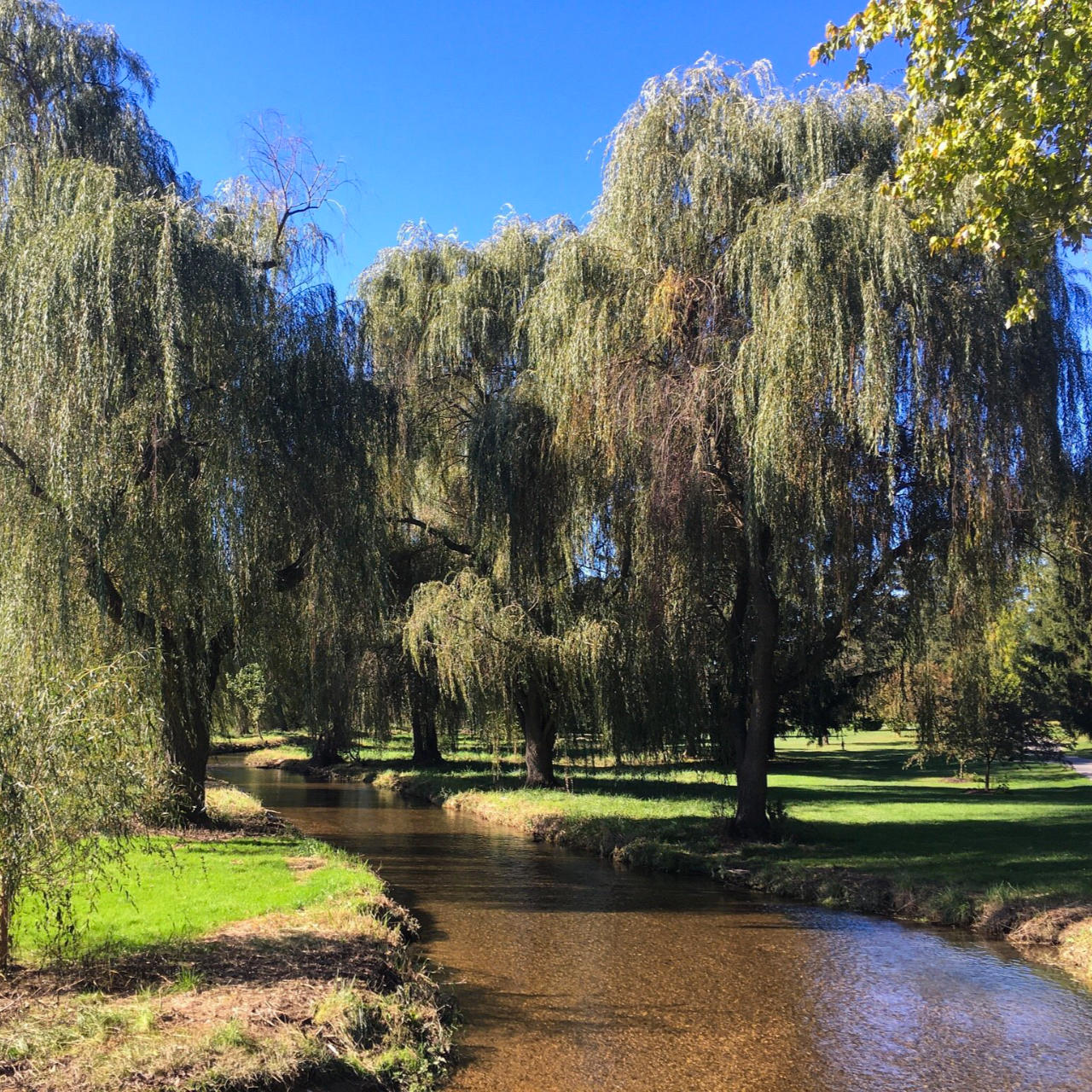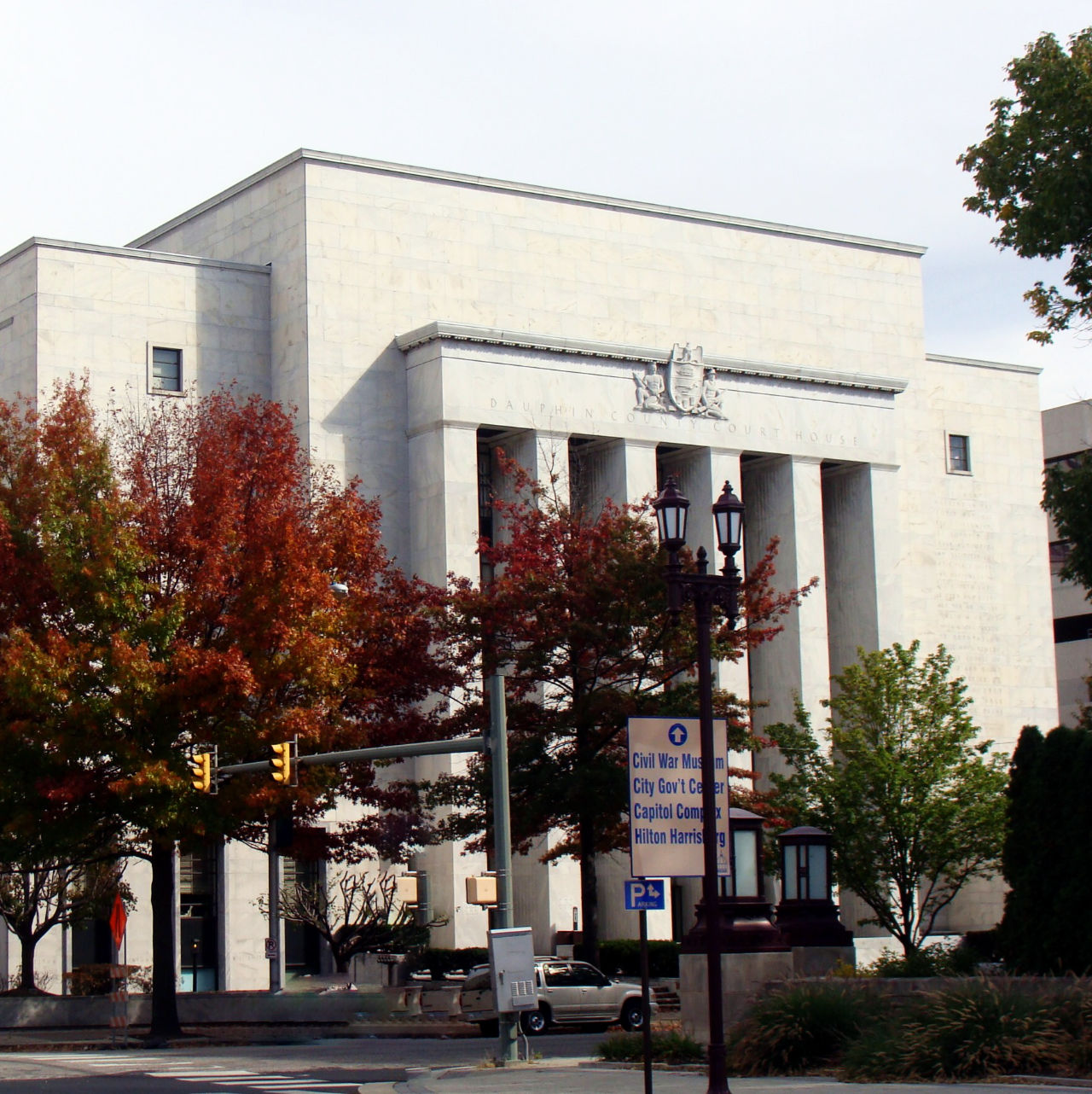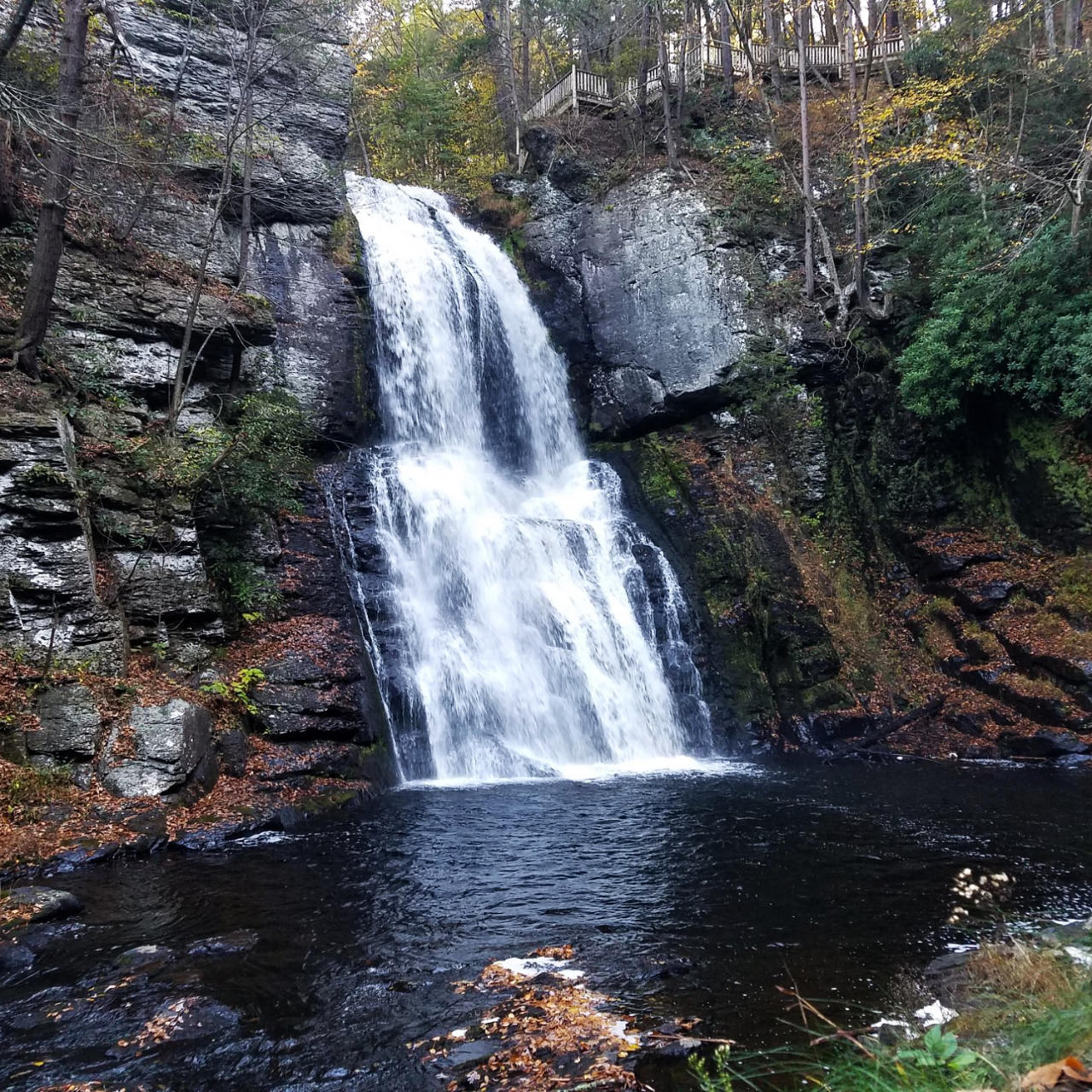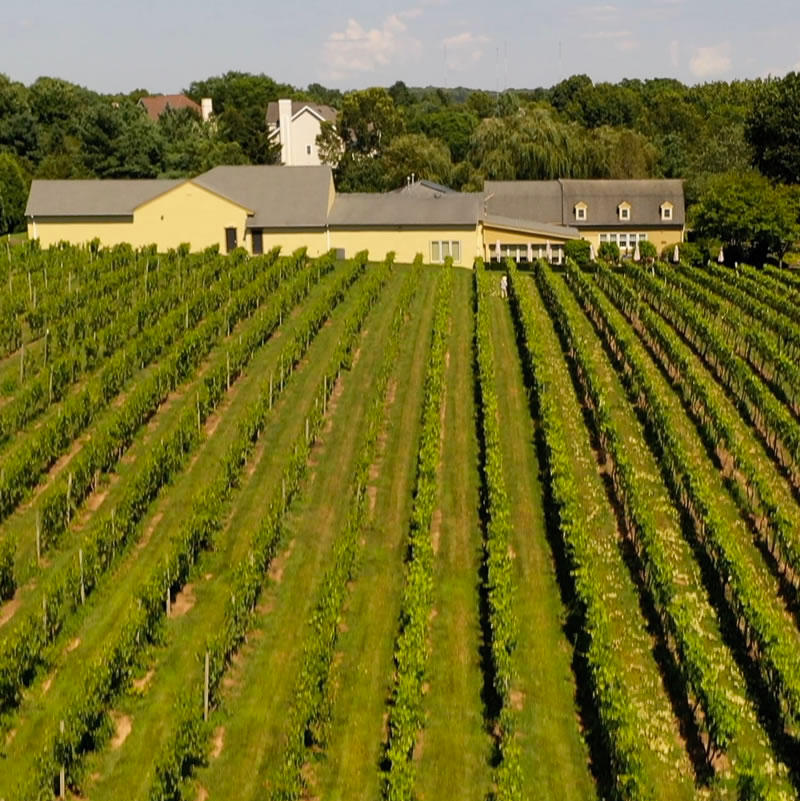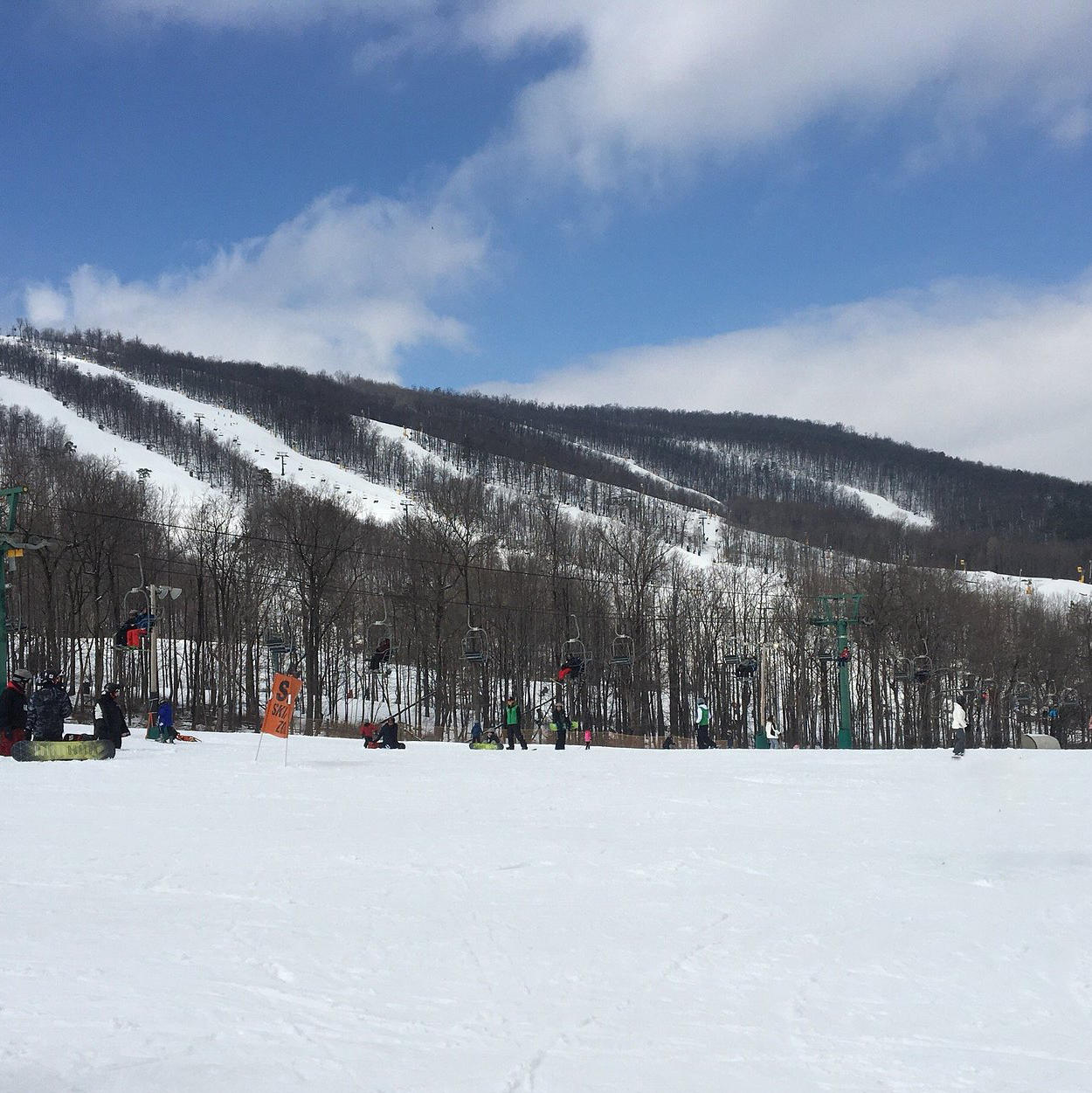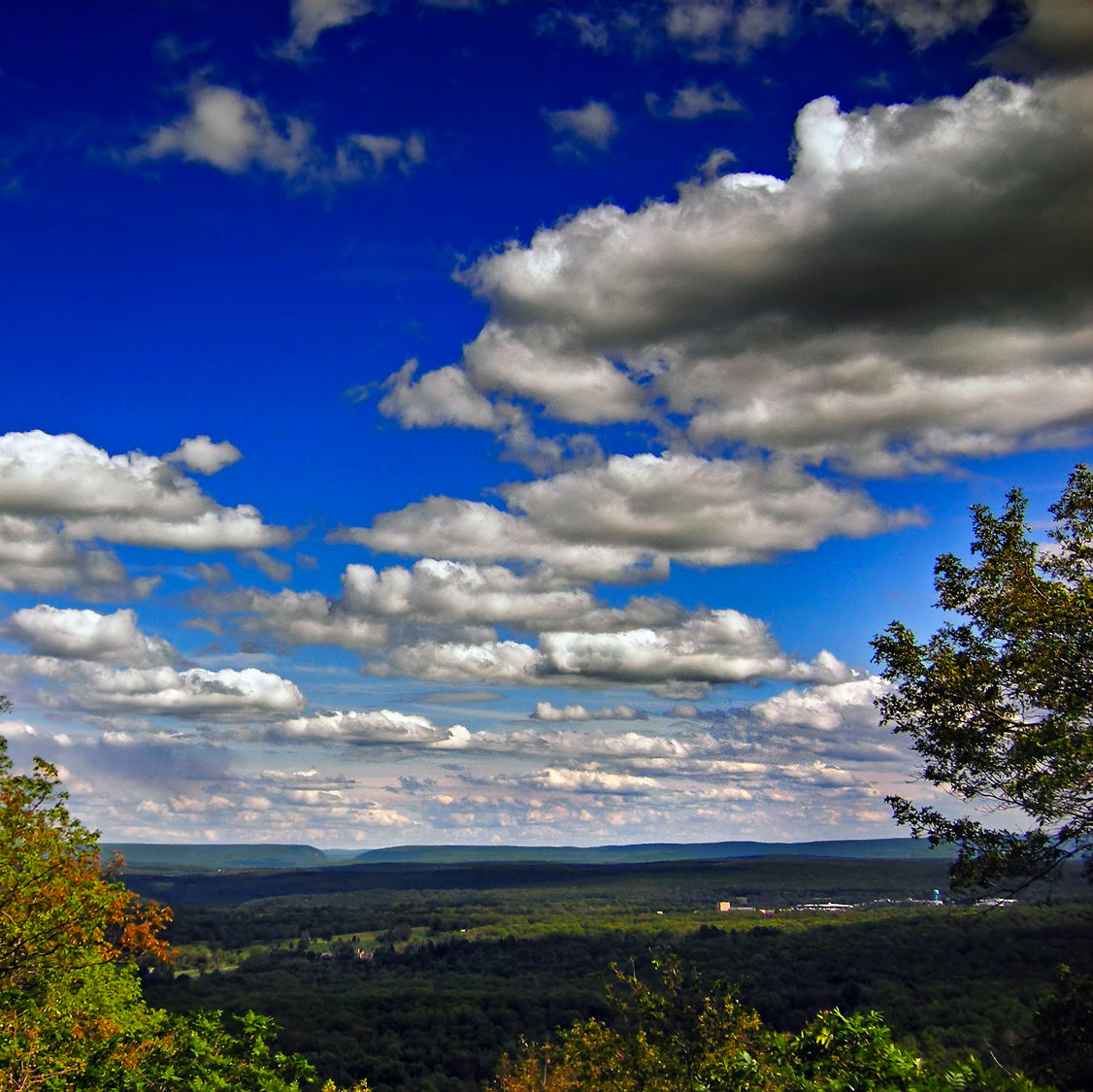State of Pennsylvania Short-Term Rental Regulations
Short-term rental regulations vary depending on the location and may include zoning laws, occupancy and safety standards, taxation, licensing, and insurance requirements review our guides for more information specific to your city.
Reviewed by Karolyn Hutson
Last updated October 08, 2023
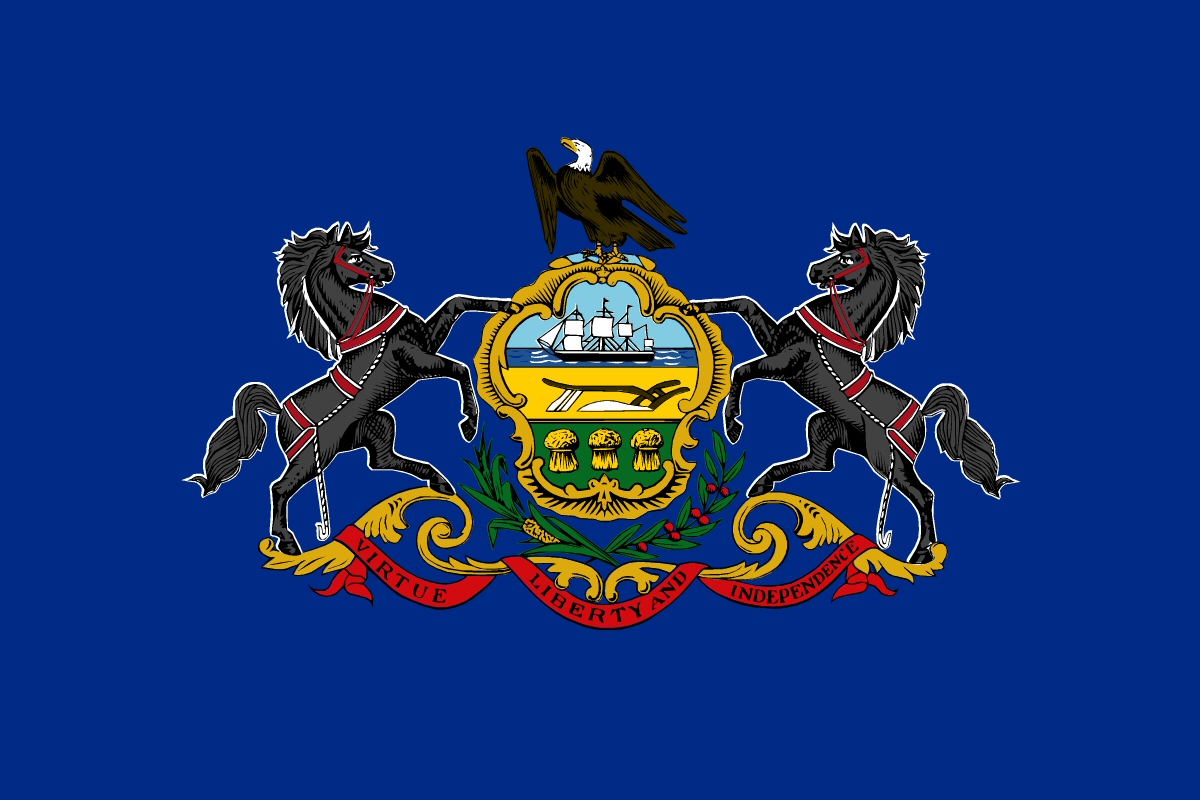
Overview of Pennsylvania Short-Term Rental Regulations
Information is maintained by the community to provide helpful insights and links to local regulations, HostScouts does not provide legal or investment advice.
Pennsylvania, the Keystone State, is a melting pot of history, culture, and natural beauty. From the Liberty Bell in Philadelphia to the serene landscapes of the Pocono Mountains, it's no wonder that short-term rentals are booming here. But before you dive into the world of hosting, it's essential to understand the local regulations. Let's unravel the intricacies of short-term rental regulations in Pennsylvania.
What is Considered a Short-term Rental?
- Definition - When we talk about short-term rentals, we're referring to accommodations that are rented out for short periods, typically less than 30 days. Think of it like this: instead of booking a hotel room, travelers opt for a more personal touch, renting out homes or rooms from local hosts.
- Rental Period Length - The defining feature of a short-term rental is its duration. While there's no hard and fast rule, most short-term rentals last from a single night to a few weeks. If you've ever booked a weekend getaway in a charming Lancaster County farmhouse, you've experienced this firsthand.
- Types of Rentals - From chic city apartments in Pittsburgh to rustic cabins in the Alleghenies, the variety is endless. Some hosts offer a single room in their homes, while others might rent out an entire property. It's this flexibility that makes short-term rentals so appealing to travelers.
- Geographic Oversight - While Pennsylvania doesn't have overarching regulations, individual cities and counties often have their own rules. For instance, Philadelphia might have different requirements than Erie. It's crucial to check with local authorities to ensure you're compliant.
Starting a Short-term Rental Business Registration
Before you list your property, you might need to register your property with your local city or county before you list it. This process can vary, but typically, it involves filling out some paperwork and possibly paying a fee.
Licensing
Just like with any business, licenses might be required. This could be a general business license or something more specific to short-term rentals. Always check with local officials to ensure you have the necessary permits.
Application Process
The application process can be as simple as filling out a form online or might require an in-person visit to a local office. Some cities might even require an inspection of the property before granting a license.
Getting Started Tips
Starting a short-term rental business is exciting, but there's a lot to consider. It's a journey from taking high-quality photos of your property to setting competitive prices and understanding local regulationy. And don't forget about guest reviews! Positive feedback can boost your listing's visibility and attract more travelers.
Housing Rules and Requirements Occupancy Limits
Every property has its limits. Whether it's a studio apartment or a five-bedroom house, you need to specify how many guests can stay. Overcrowding can lead to safety issues and potential fines.
Fire Safety
Safety first! Ensure you have working smoke detectors, a fire extinguisher, and a clear evacuation plan. Some cities might even require a formal fire safety inspection.
Insurance
Accidents happen. That's why it's essential to have the right insurance coverage. While platforms like Airbnb offer their own host protection, it's often a good idea to have additional coverage to protect against potential liabilities.
Short-term Rental Taxes
While Pennsylvania doesn't impose a specific short-term rental tax at the state level, hosts should be aware of the 6% state sales tax, which might be applicable to their rental income. This percentage can be significant, especially for hosts with multiple properties or high occupancy rates.
Local Taxes
Local taxes in Pennsylvania vary by city, and it's crucial for hosts to be familiar with the specific rates and regulations in their area:
- Philadelphia: The City of Brotherly Love has a hotel room rental tax rate of 8.5%. So, if you're renting out a property in Philadelphia for $100 a night, you'd need to collect an additional $8.50 for the hotel tax, making the total charge $108.50.
- Pittsburgh: hosts are subject to a 7% Allegheny County Hotel Tax on the total rental charge. A property listed at $150 per night would mean an additional $10.50 in taxes.
- Lancaster: imposes a 5% hotel excise tax. If you're offering a stay in a charming Lancaster property for $120 a night, the tax would add an extra $6 to the bill.
- Erie: with its beautiful lakeside views, Erie has a 7% hotel room tax. A $90 nightly rate in Erie would come with an additional $6.30 in taxes.
Reporting and Remittance Requirements
It's not just about collecting the right amount; hosts also need to ensure they remit these taxes to the appropriate authorities on time. Regular reporting, usually on a monthly or quarterly basis, is required in most cities. For instance, in Harrisburg, hosts might need to file monthly, while in Bethlehem, it could be quarterly.
Penalties for Non-compliance
Not adhering to these tax regulations can lead to hefty fines. In Reading, for example, failing to collect and remit the appropriate hotel tax could result in a fine of up to $500 per violation. In Scranton, non-compliance might lead to both fines and potential legal actions. In conclusion, while Pennsylvania offers a diverse range of locales for short-term rentals, it also presents a varied tax landscape. Hosts must be diligent in understanding and adhering to both state and local tax regulations to ensure a successful and compliant hosting experience.
Pennsylvania Airbnb Regulations by City
Information is maintained by the community to provide helpful insights and links to local regulations, HostScouts does not provide legal or investment advice.


